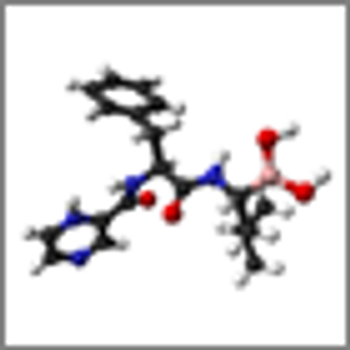
A new trial reported improved overall survival in myeloma patients who received a higher bortezomib dose as part of a bortezomib/melphalan/prednisone regimen.

Your AI-Trained Oncology Knowledge Connection!


A new trial reported improved overall survival in myeloma patients who received a higher bortezomib dose as part of a bortezomib/melphalan/prednisone regimen.
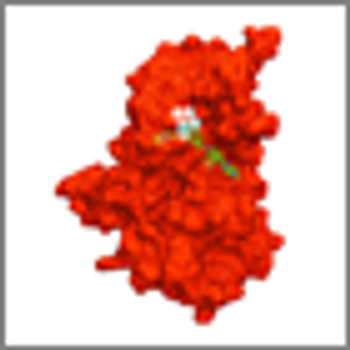
Despite the early trial termination due to safety concerns, an analysis suggests that ponatinib offers improved efficacy over imatinib in newly diagnosed CML.

Cigarette smoking is not a risk factor for multiple myeloma, according to the results of a pooled analysis of nine case-control studies.

Clonal hematopoiesis with somatic mutations is strongly associated with the risk of developing blood cancers, according to a new study.
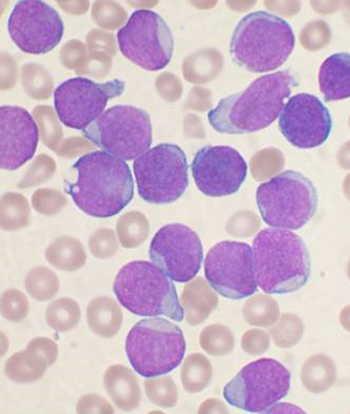
According to a report, two courses of the newly approved agent blinatumomab, for relapsed or refractory B-cell precursor ALL, will cost a staggering $178,000.

The addition of daratumumab to traditional therapies used in the treatment of multiple myeloma was well tolerated and associated with high rates of responses.

The major value of RT is in enhancement of local control. In localized disease, perhaps this is best achieved by using RT for patients treated with less than full-dose/course chemotherapy.

As we examine the question of which patients with DLBCL do not need RT, the first step must be to confine our review to patients who have received optimal chemotherapy.

Autologous hematopoietic cell transplantation is a safe and effective treatment option for patients with HIV-associated lymphoma, according to a study presented at ASH 2014.
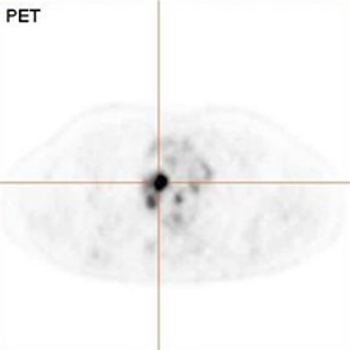
Two studies presented at the 2014 ASH Meeting addressed whether an interim PET scan during and after an initial therapy can help guide treatment.
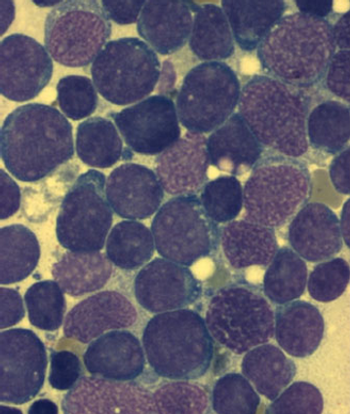
A large trial has shown that adolescents and young adults have better event-free and overall survival when treated on an intensive pediatric ALL regimen.
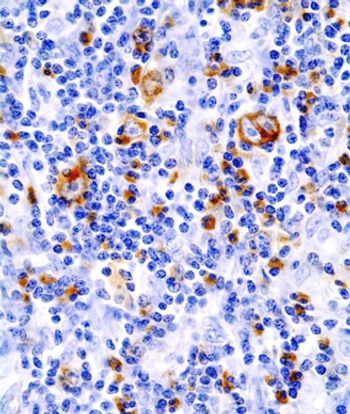
Early consolidation therapy with brentuximab vedotin after autologous stem cell transplant improved progression-free survival of patients with Hodgkin lymphoma.
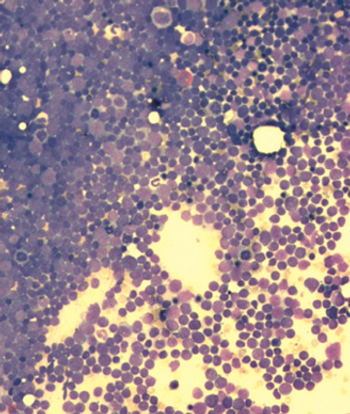
A single cycle of blinatumomab resulted in complete minimal residual disease response in 78% of patients with acute lymphoblastic leukemia.
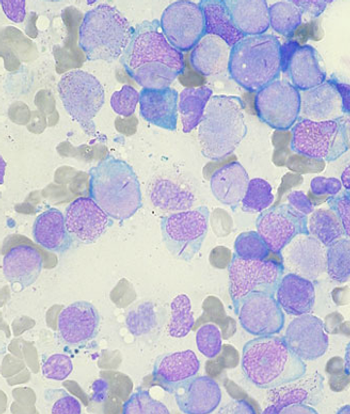
An oral inhibitor of isocitrate dehydrogenase 2 (IDH2), AG-221, has shown activity and potentially durable remissions in patients with acute myeloid leukemia.

In this video from the 2014 ASH Annual Meeting, Dr. Röllig discusses the results of the SORAML trial that tested sorafenib in patients with acute myeloid leukemia.
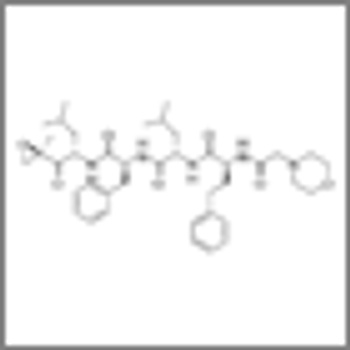
Adding carfilzomib to lenalidomide and dexamethasone resulted in a higher PFS and better overall quality of life for relapsed multiple myeloma patients.

The anti–PD-1 (programmed death 1) antibody nivolumab has shown activity in patients with hematologic cancers who have failed three or more prior therapies.
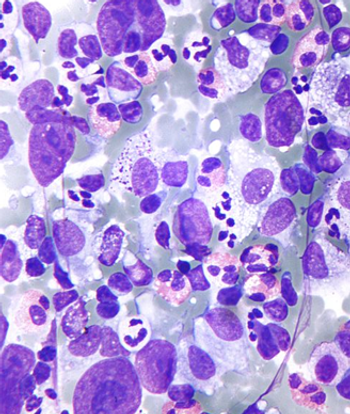
The anti-PD-1 drug pembrolizumab demonstrated promising anti-tumor activity in patients with heavily pretreated classic Hodgkin lymphoma.
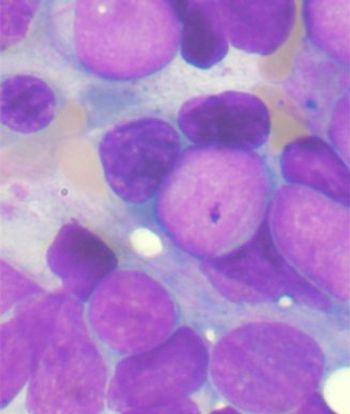
Sorafenib proved to have a high level of efficacy in younger acute myeloid leukemia patients, improving both event- and relapse-free survival over placebo.

T-lymphoblastic leukemia (T-ALL) should no longer be considered a poor-risk disease in the pediatric population, according to data presented at ASH.

In this podcast from the 2014 American Society of Hematology Annual Meeting, we discuss some of the new developments in multiple myeloma.

The FDA has approved blinatumomab (Blincyto) for the treatment of patients with Philadelphia chromosome-negative precursor B-cell acute lymphoblastic leukemia.

Early trial data support further evaluation of ixazomib combined with lenalidomide and dexamethasone for the treatment of newly diagnosed multiple myeloma.

Ahead of the 2014 ASH Annual Meeting & Exhibition we discuss current treatment strategies for elderly patients with acute myeloid leukemia.
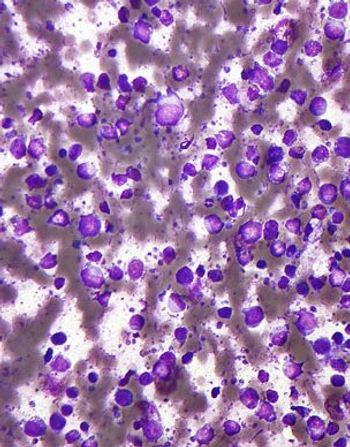
Non-germinal center B-cell-like DLBCL patients derived the most benefit from treatment with the immunochemotherapy regimen R-ACVBP compared with R-CHOP.